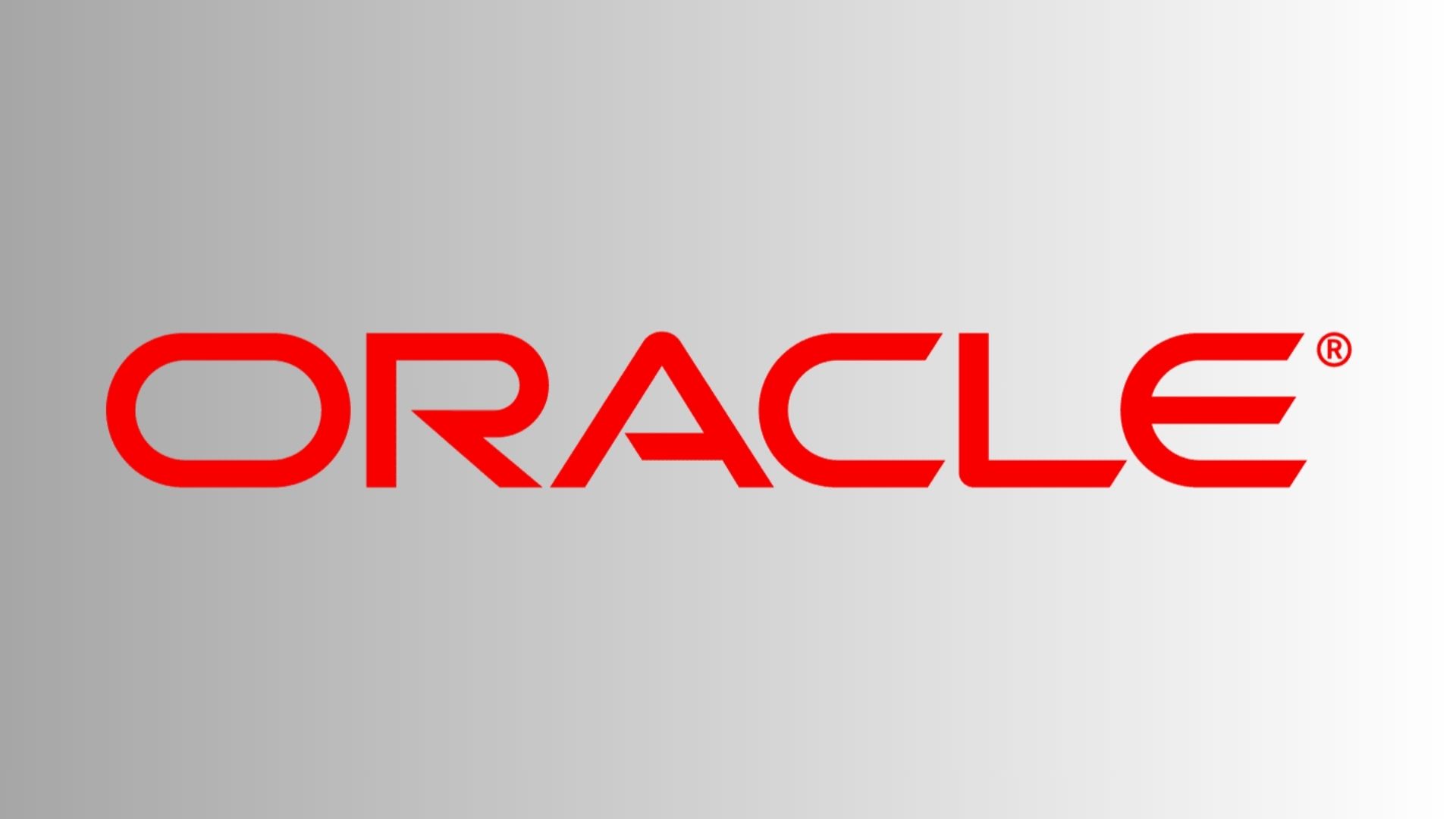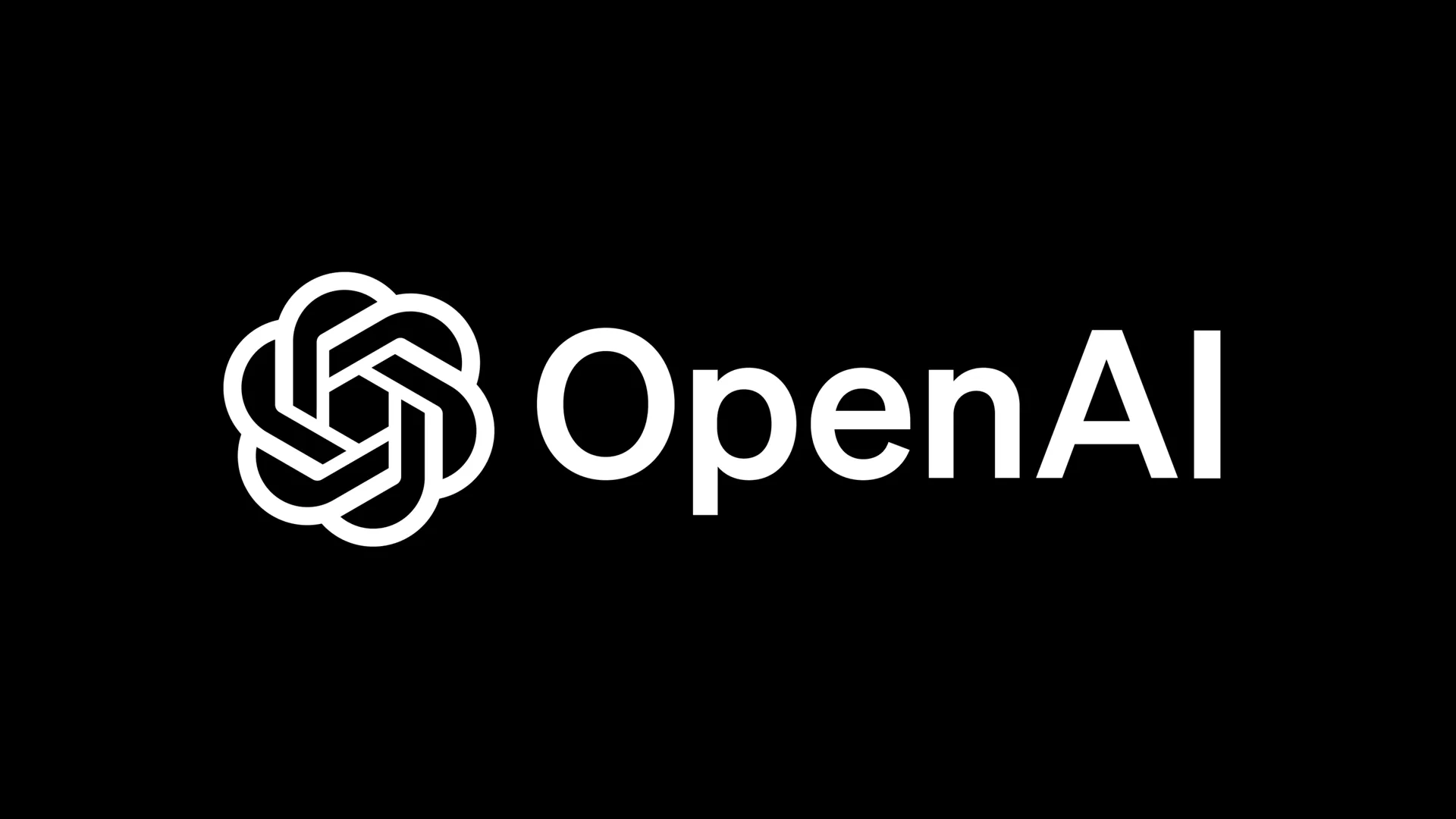Anthropic will massively expand on Google Cloud, planning to deploy up to 1 million TPUs and bring well over a gigawatt online in 2026. The multiyear investment totals tens of billions to accelerate research and product development.
Google Cloud CEO Thomas Kurian said Anthropic’s move reflects TPUs’ price-performance and efficiency, citing ongoing innovations and the seventh-generation ‘Ironwood’ TPU. Google will add capacity and drive further efficiency across its accelerator portfolio.
Anthropic now serves over 300,000 business customers, with large accounts up nearly sevenfold year over year. Added compute will meet demand while enabling deeper testing, alignment research, and responsible deployment at a global scale.
CFO Krishna Rao said the expansion keeps Claude at the frontier for Fortune 500s and AI-native startups alike. Increased capacity ensures reliability as usage and mission-critical workloads grow rapidly.
Anthropic’s diversified strategy spans Google TPUs, Amazon Trainium, and NVIDIA GPUs. It remains committed to Amazon as its primary training partner, including Project Rainier’s vast US clusters, and will continue investing to advance model capabilities.
Would you like to learn more about AI, tech and digital diplomacy? If so, ask our Diplo chatbot!










